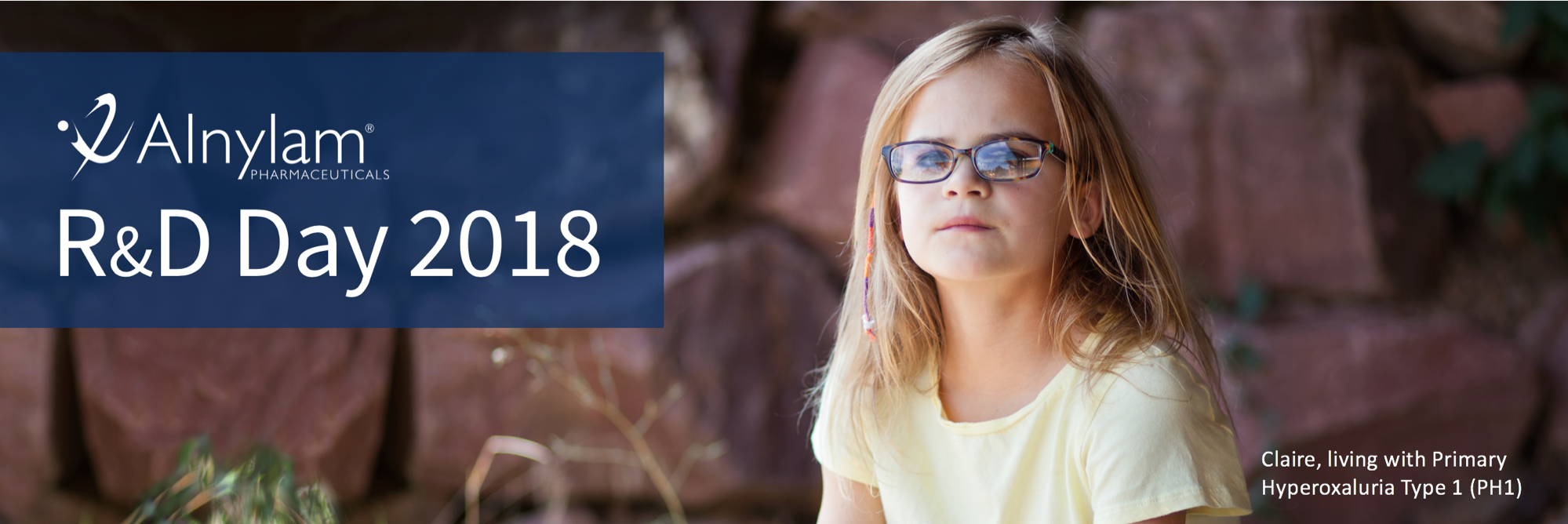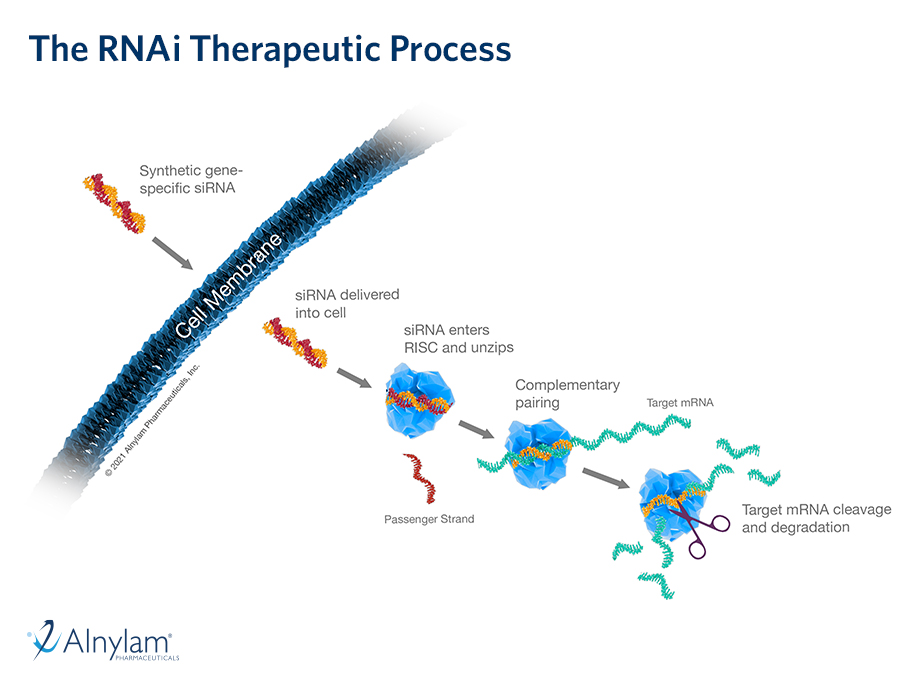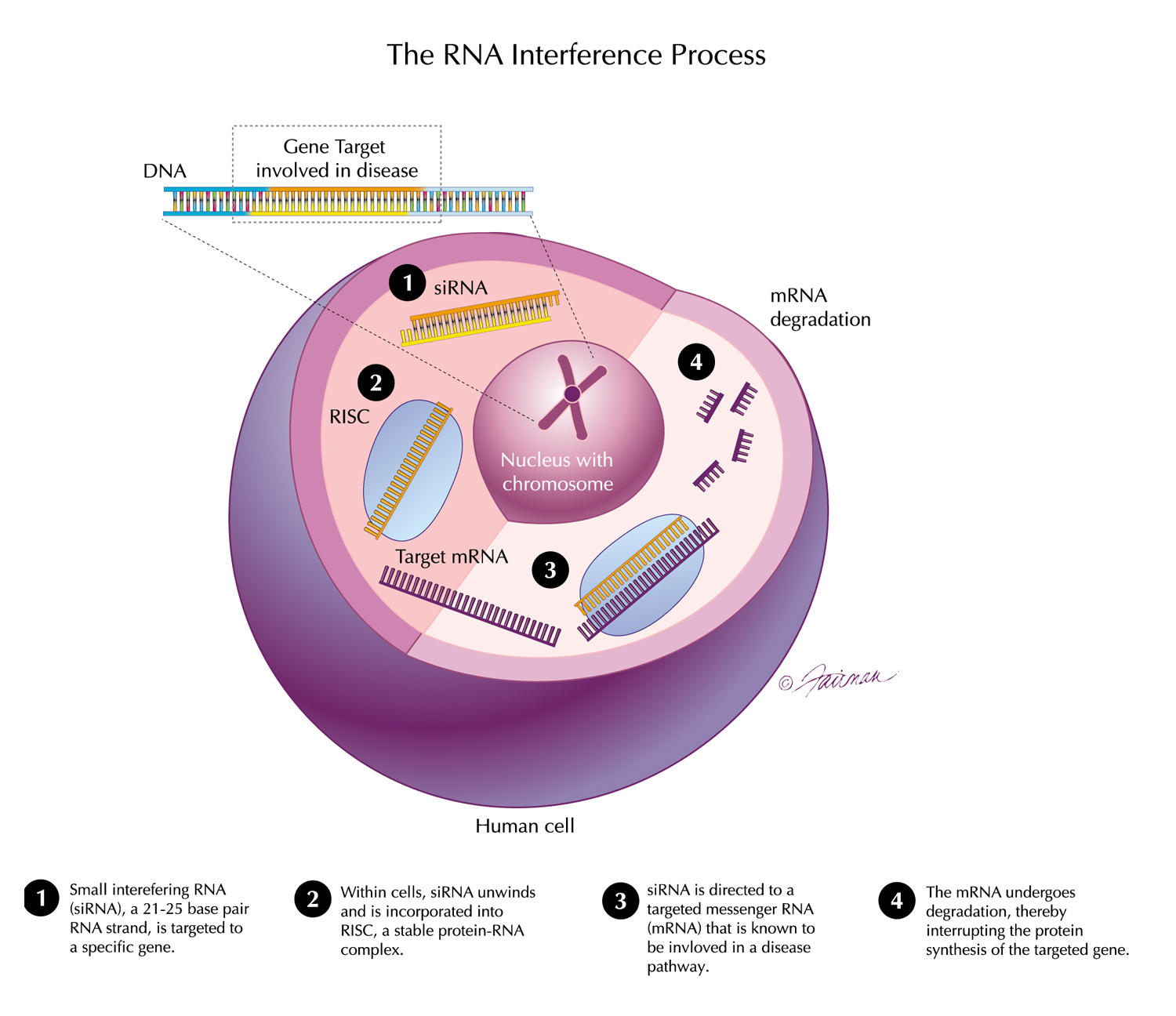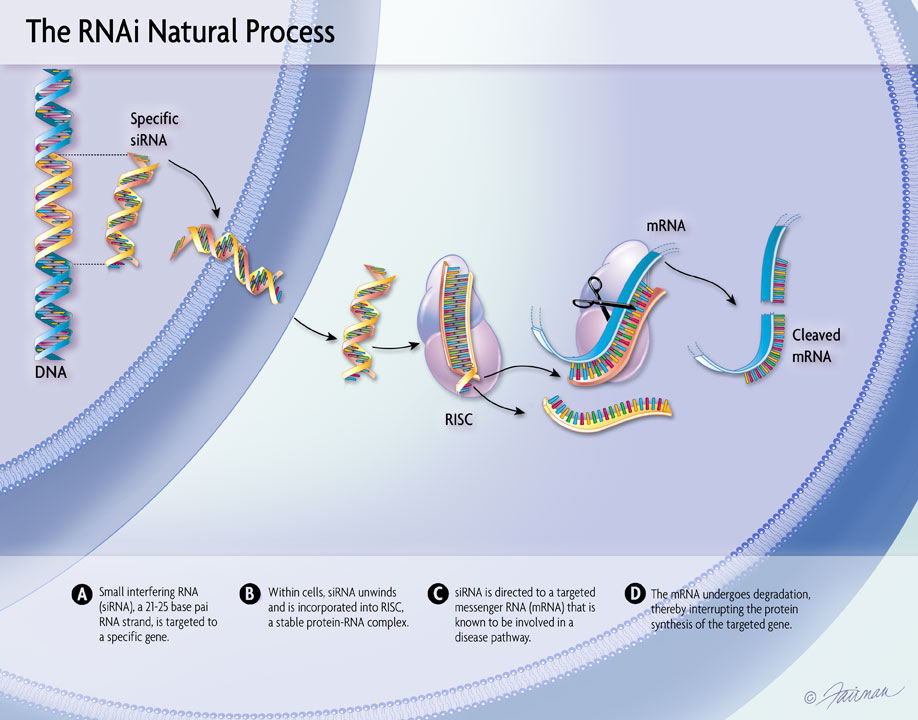22 Jun, 2019 Final Positive Results from Phase 1/2 Study of Lumasiran, an Investigational Therapeutic for the Treatment of PH1
We presented complete positive results from the Phase 1/2 clinical study of lumasiran, an investigational RNAi therapeutic targeting glycolate oxidase for the treatment of primary hyperoxaluria type 1 (PH1) and reiterated positive results from our ongoing Phase 2 open-label extension (OLE) study. Results were presented at the 2019 Oxalosis & Hyperoxaluria (OHF) International Workshop, held June 21-22 in Boston.





